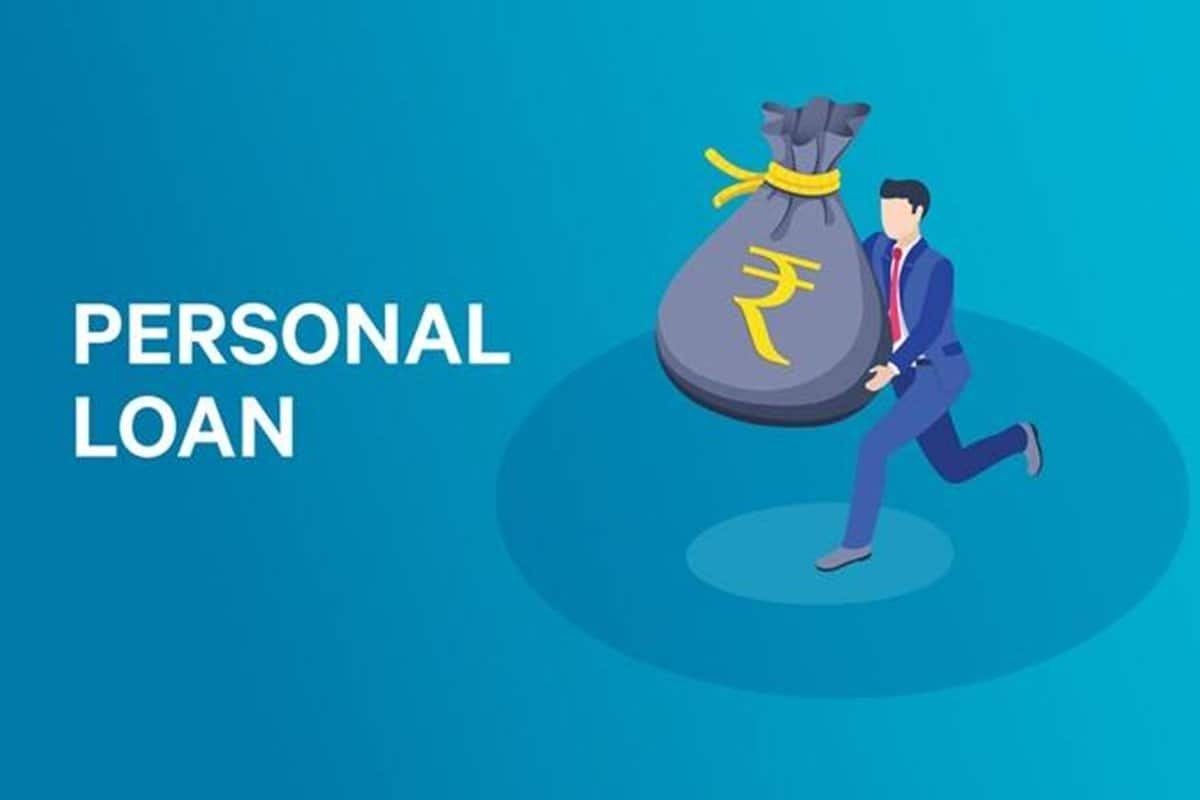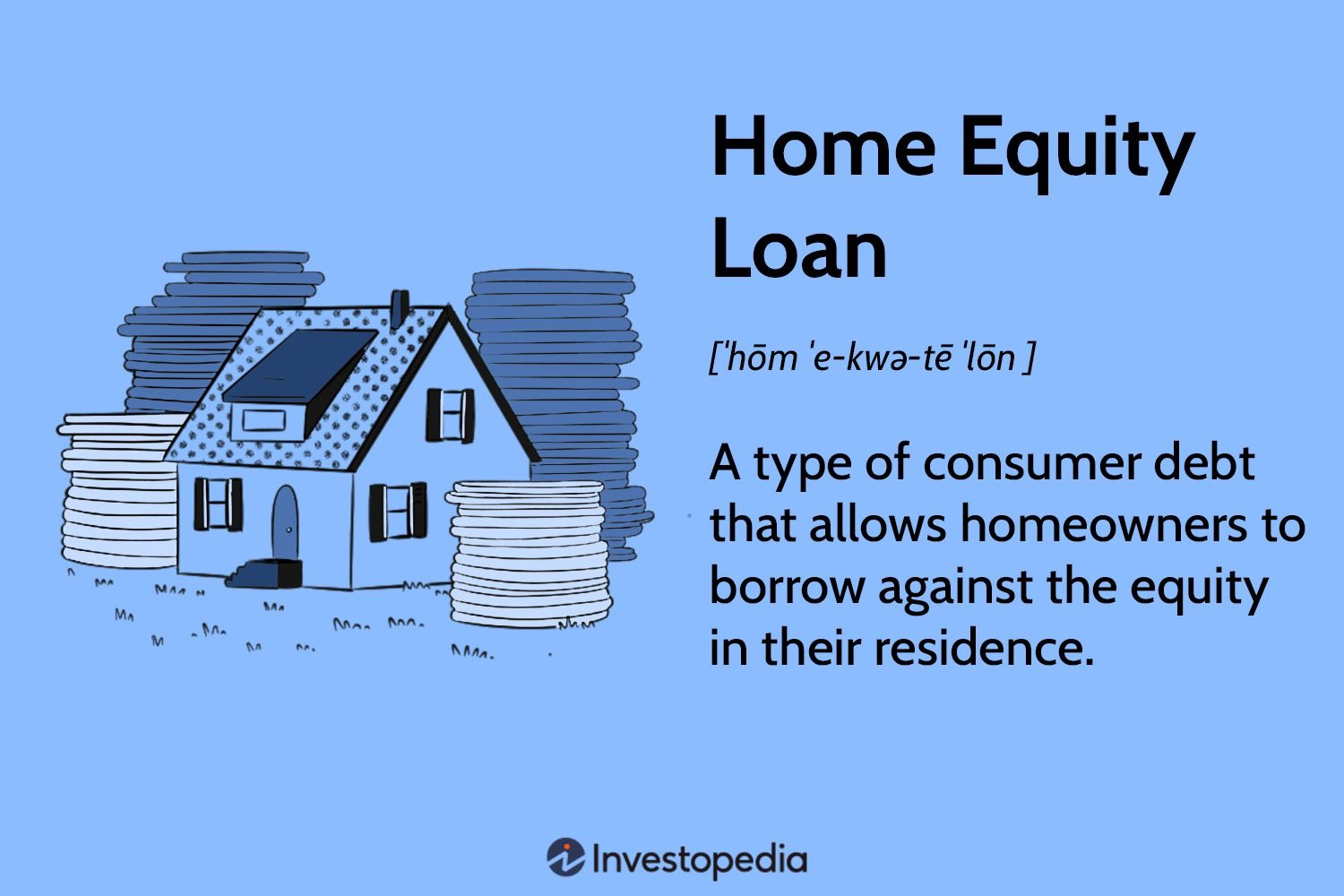In the world of home financing, government-backed loans play a pivotal role in making homeownership more accessible and affordable for a wide range of individuals and families. These specialized mortgage programs, provided by various government agencies, offer distinct advantages and flexible terms that cater to specific borrower needs. This overview aims to shed light on three prominent government-backed loan options: the Federal Housing Administration (FHA) loan, the Veterans Affairs (VA) loan, and the United States Department of Agriculture (USDA) loan.
Contents
Federal Housing Administration (FHA) Loans
A. Explanation of FHA Loan Program
The Federal Housing Administration (FHA) loan program was established in 1934 as part of the National Housing Act. The FHA is a government agency under the U.S. Department of Housing and Urban Development (HUD) responsible for providing mortgage insurance on loans made by FHA-approved lenders. These loans are designed to assist a wide range of borrowers, including first-time homebuyers and those with limited financial resources, in achieving homeownership.
B. Features and Benefits of FHA Loans
- Low Down Payment Requirements: One of the most significant advantages of FHA loans is their relatively low down payment requirement. Borrowers may be able to qualify for an FHA loan with as little as 3.5% of the home’s purchase price as a down payment. This makes homeownership more attainable for individuals who may not have saved a substantial amount for a down payment.
- Flexible Credit Score Guidelines: FHA loans are accessible to borrowers with lower credit scores compared to conventional loans. While specific credit score requirements vary among lenders, FHA-insured loans are generally more forgiving to those with less-than-perfect credit histories.
- Mortgage Insurance: FHA loans require borrowers to pay an upfront mortgage insurance premium (MIP) at closing, followed by an annual MIP, which is divided into monthly payments. The mortgage insurance protects the lender in case the borrower defaults on the loan. Although this adds to the overall cost, it allows lenders to offer more competitive interest rates and terms.
C. Eligibility Requirements for Borrowers
To qualify for an FHA loan, borrowers must meet certain criteria, including but not limited to:
- Demonstrating a steady employment history or income source.
- Having a valid Social Security number.
- Being a lawful U.S. resident or a qualified alien.
- Intending to use the property as their primary residence.
- Meeting the lender’s specific debt-to-income ratio and other underwriting guidelines.
D. Loan Limits and Property Requirements
FHA loan limits vary by location and are influenced by the median home prices in the area. Borrowers should check the FHA website or consult with an FHA-approved lender to determine the loan limits for their region. Additionally, FHA loans have property requirements to ensure that the purchased home meets certain safety and habitability standards.
Veterans Affairs (VA) Loans
A. Overview of VA Loan Program
The Veterans Affairs (VA) loan program is a unique and exclusive mortgage option offered to eligible veterans, active-duty service members, reservists, and surviving spouses of veterans who have passed away due to service-related disabilities. Administered by the Department of Veterans Affairs, VA loans are designed to honor the service and sacrifice of military personnel by providing them with exceptional benefits and opportunities to become homeowners.
B. Benefits and Advantages for Eligible Veterans and Service Members
No Down Payment Required: One of the most significant advantages of VA loans is that they typically do not require a down payment. Eligible borrowers can finance the entire purchase price of their home, making homeownership more attainable, especially for those who may not have substantial savings for a down payment.
No Private Mortgage Insurance (PMI): Since VA loans are backed by the government, they do not require private mortgage insurance (PMI). This is a notable cost-saving feature, as PMI is usually required for conventional loans when the borrower’s down payment is less than 20% of the home’s value.
Competitive Interest Rates: VA loans often come with competitive interest rates, which can lead to significant savings over the life of the loan. The VA’s guarantee on the loan reduces the lender’s risk, resulting in more favorable terms for borrowers.
C. Eligibility Criteria for VA Loans
To be eligible for a VA loan, individuals must meet certain criteria, which may include, but are not limited to:
- Serving a minimum period of active-duty service, typically 90 consecutive days during wartime or 181 days during peacetime, for regular military personnel.
- Serving a minimum period of six years in the National Guard or Reserves.
- Receiving an honorable discharge from the military.
- Meeting specific service requirements for surviving spouses.
D. Certificate of Eligibility (COE) and Its Significance
To apply for a VA loan, eligible individuals must obtain a Certificate of Eligibility (COE) from the Department of Veterans Affairs. The COE confirms the borrower’s eligibility for the program and provides essential details, such as entitlement amount and service requirements. Borrowers can obtain the COE through the VA’s eBenefits portal or by working with an experienced VA-approved lender.
United States Department of Agriculture (USDA) Loans
A. Introduction to USDA Loan Program
The United States Department of Agriculture (USDA) loan program is designed to promote homeownership in rural and suburban areas, thereby supporting the development of these communities. The USDA provides guarantees for loans issued by approved lenders, which encourages lenders to offer favorable terms to qualified borrowers in eligible geographic locations.
B. Features and Benefits of USDA Loans
Designed for Rural and Suburban Homebuyers: USDA loans are intended for borrowers looking to purchase homes in designated rural and suburban areas. These areas are determined by the USDA based on population and other factors.
No Down Payment Required: One of the most appealing features of USDA loans is the option for eligible borrowers to obtain a mortgage without making a down payment. This can significantly lower the upfront costs associated with buying a home.
Affordable Interest Rates: USDA loans often come with competitive interest rates, making them an attractive financing option for homebuyers.
C. Eligibility Requirements for USDA Loans
To qualify for a USDA loan, borrowers must meet specific criteria, which include, but are not limited to:
Meeting Income Limits: Borrowers must have an income within the specified limit for their geographic area. The USDA sets income limits based on the size of the household and the region’s median income.
Property Location Criteria: The property being purchased must be located in a USDA-designated rural or suburban area. Borrowers can check the USDA’s website or consult with an approved lender to confirm the property’s eligibility.
Credit and Payment History: While USDA loans have more flexible credit score requirements compared to conventional loans, applicants must demonstrate a satisfactory credit history and a consistent repayment record.
Conclusion
Government-backed loans, including FHA, VA, and USDA mortgage options, have played a crucial role in expanding homeownership opportunities for diverse segments of the population. These specialized loan programs, backed by federal agencies, provide essential benefits and features that cater to the unique needs of qualified borrowers. As we conclude this overview, let us recap the key points and the importance of these loan options.






Review & Discussion